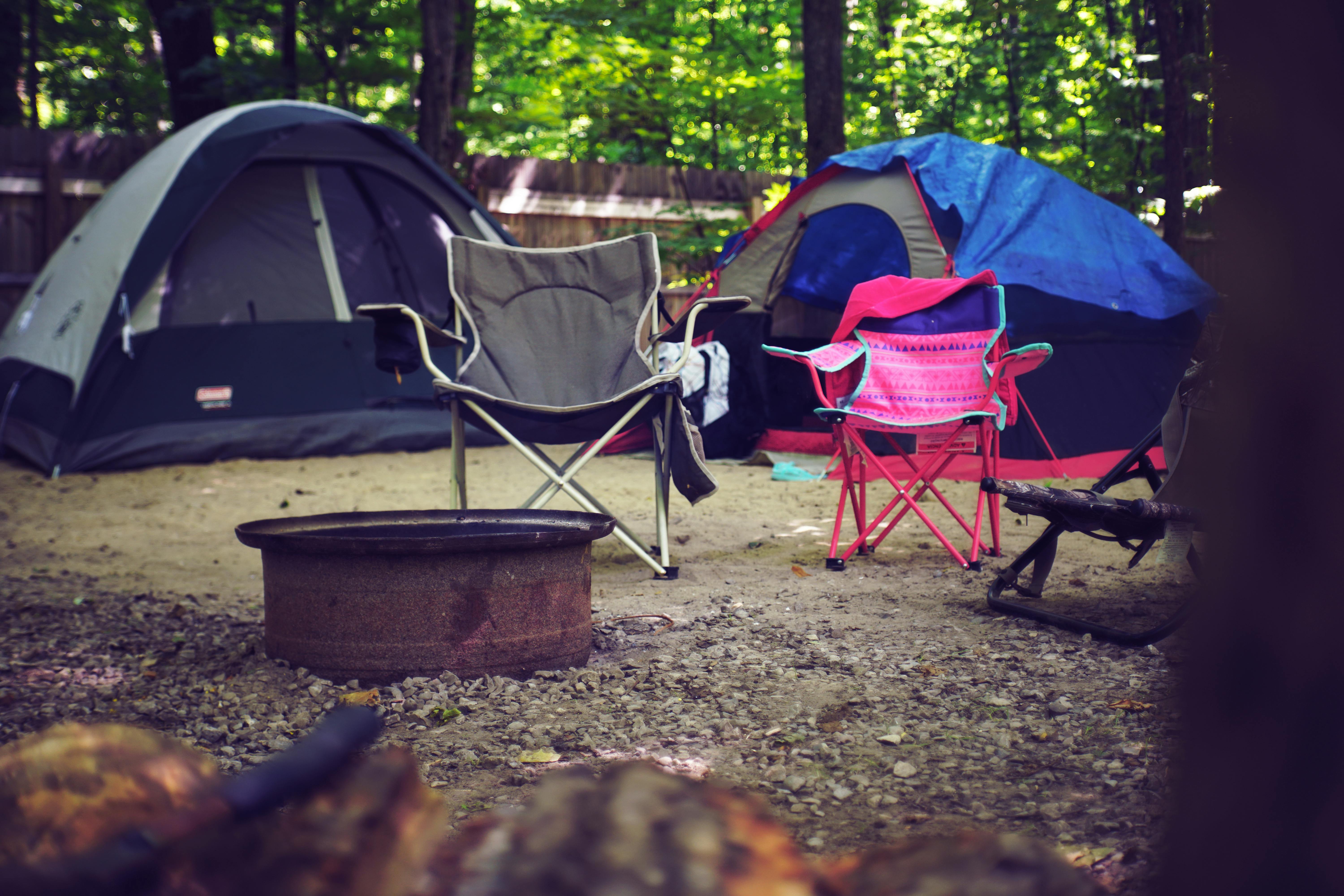Exploring the great outdoors is an exhilarating experience, but it requires careful preparation to ensure safety and enjoyment. Whether you're planning a weekend camping trip or a long hike, taking the time to research and plan ahead can make all the difference. Here’s how you can prepare effectively for your next adventure in nature.
1. Research the Area
Before setting out on your adventure, it’s crucial to familiarize yourself with the area you’ll be exploring. Start by studying maps of the region to understand the terrain. Identify key landmarks, such as rivers, mountains, and trails, which can help you navigate the area more effectively. Knowing the lay of the land will also help you anticipate any challenges you might face, such as steep inclines, rough terrain, or water crossings.
Look into the specific trails or campsites you plan to visit. Are they well-marked and maintained, or will you need advanced navigation skills? Understanding the difficulty level of the trails can help you prepare both mentally and physically. Also, take note of water sources along your route. Water is essential, and knowing where you can refill your supplies will prevent you from running out during your journey.
Additionally, research any local regulations or permits required for the area. Some parks and wilderness areas have specific rules regarding camping, fires, and wildlife interaction. Being aware of these guidelines will not only keep you compliant but also protect the environment for future adventurers.
2. Check the Weather Forecast
Weather is one of the most critical factors in outdoor adventures, and it can change rapidly, especially in mountainous regions. Before you head out, check both the short and long-term weather forecasts for your destination. This will give you an idea of what to expect and how to dress appropriately.
In addition to the basic forecast, pay attention to warnings about severe weather, such as thunderstorms, high winds, or snow. Sudden changes in weather can turn a pleasant hike into a dangerous situation. Prepare for the unexpected by packing extra layers, rain gear, and a weatherproof tent. If extreme weather is predicted, consider postponing your trip or choosing a different location.
Remember that temperature fluctuations are common in the wilderness, particularly between day and night. Even in summer, it can get cold at night in higher elevations. Be sure to bring appropriate clothing and a suitable sleeping bag to keep warm.
3. Learn About Local Wildlife
Encountering wildlife can be one of the most memorable parts of an outdoor adventure, but it’s important to be prepared. Start by researching the types of animals you might encounter in the area. Knowing which species are common, and understanding their behavior, will help you react appropriately if you come across them.
For example, in bear country, you should know how to store your food properly to avoid attracting bears to your campsite. Hanging your food in a bear bag or storing it in a bear-proof container can prevent dangerous encounters. Similarly, if you’re in an area known for venomous snakes, learning how to recognize and avoid them is essential.
Safety should always be your top priority. Carrying bear spray, a whistle, or other deterrents can help protect you in case of an encounter with aggressive wildlife. Also, educate yourself on how to react if you do come face-to-face with a wild animal—whether it’s standing your ground, making noise, or slowly backing away.
4. Conclusion
Being prepared is the key to a successful outdoor adventure. By taking the time to research the area, check the weather, and learn about local wildlife, you can ensure a safer and more enjoyable experience. Not only does this preparation make you more confident, but it also helps protect the environment and wildlife. So, before you set off on your next great outdoor adventure, remember to plan ahead and stay safe. Happy exploring!


